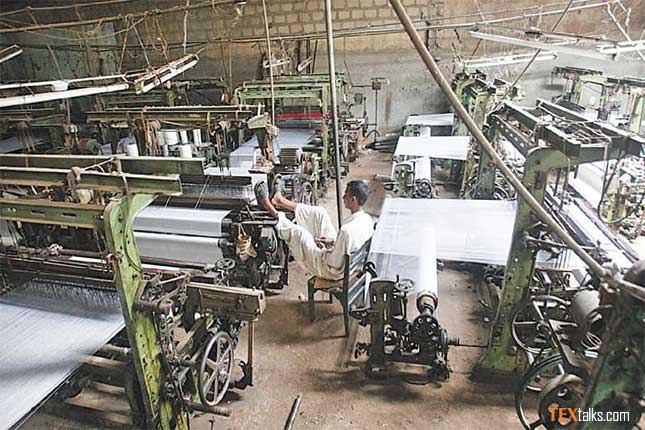Recently, the 3.6pc rupees devaluation against dollar in less than 24 hours has been declared extremely disastrous for the nation. Chairman, Value Added Textile Export Associations stated that such high devaluation will increase the cost of doing business and diminish the last restraint of inflation for the masses. Pakistani rupee devaluation against dollar in the last 9 months has been approximately 20.16pc from Rs 123.6 to Rs 149.07.
This statement has been jointly issued by Mr Jawed Bilwani (Central Chairman PHMA), Mr Zubair Motiwala (Chairman CAPTA), Mr Rafiq Godil (Chairman PAKSEA), Mr Farrukh Maqbool (Chairman TMA), Mr Abdus Samad (Chairman PCMA), Mr Khawaja Usman (Former Chairman PCFA), Mr Shaikh Muhammad Shafiq (Former Chairman PRGMEA) and Mr Arif Lakhani Zonal (Chairman APTPMA).
For the textile export sector, they added that cotton yarn is available on international price therefore devaluation increases cotton and yarn price in rupees. Moreover, due to lower utilities cost, cotton yarn price is cheaper in Bangladesh as compared to Pakistan. Due to the devaluation, the cost of imported raw material will also increase, resultantly increasing the cost of exportable goods. It will have negative impact on exports and will lead to massive inflation, resulting to anarchy. Commodities will become costlier and the manufacturing sector will also suffer. Consequently, the industry will either shut down or become more uncompetitive in the international market because of increased cost of manufactured goods. They added the profit margin of Value Added Textile Exporters is hardly 3% to 4%.
Devaluation brings no benefits for the Value Added Textile Export Sector. Exports of Value Added Textile Sector during the FY 2017-18 are US $12.06bn while exports of Textile Raw Materials are US $1.46bn.
Previously, when Government depreciated the rupee by 5% foreign buyers demanded discounts for new orders due to devaluation and took 50% of advantage from the exporters. Due to uncertainty and recurring fluctuations rupee dollar parity, both buyers and exporters are reluctant for new orders as both are uncertain about the cost of the product.
Such state of affairs when the dollar is appreciating and banks are also reluctant to fix dollar rates, the Textile Exporters will be aggrieved in case of BMR because some machineries are delivered in 6 to 8 months and cost of machinery is increased to 20% during the period.



